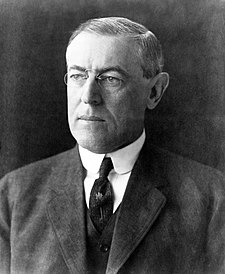I'll never forget the day I sat in Ruby Tuesday's alone, eating lunch as I opened my freshly purchased copy of Scott Peck's The Road Less Traveled. His first chapter begins with these words: "Life is difficult."
Scott Peck had me at difficult. This I knew. All my life, I'd struggled with poor self-esteem and crippling, uncontrollable fears. Yet in my family's conservative Christian circles, a good Christian never needed therapy—ever. Self was to be denied, not embraced.
Peck goes on to say life isn't supposed to be easy; difficult is OK. Reading hungrily as I ate my meal, I suddenly felt less lonely than I had in a long time.
In my late teens, when I headed to Bible college to discover "God's will for my life," I gravitated toward bookstore self-help shelves, seeking answers in secular titles that promised healing for my wounds—Codependent No More and Taking Responsibility. My justification for this interest?
I was fixing myself for God.
I continued to read self-help throughout my 20s. But after years of chasing the self-help dream, I faced a serious marital crisis. At the prospect of becoming a single parent, I found myself turning to God—not my books—for the answers I desperately needed.
Don't get me wrong; secular self-help isn't without some sound psychological insights. But too often these insights come wrapped in falsehoods. Here are four that popular self-help gurus promote—and that Christians should avoid.
MORE!!!

